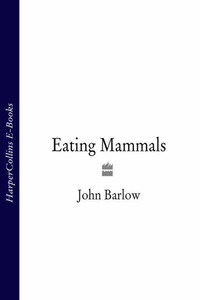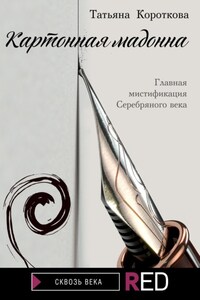My career began with two strokes of good luck – fate you might say, because as instances of good fortune none could have bettered them. After the war, towards the end of which I served as a cook in His Majesty’s land forces, I returned to England and, armed with the ability to knock up a wholesome bully beef stew for three hundred, presumed to pass myself off as a chef. In my new, ill-fitting suit (we all got a new, ill-fitting suit) I talked my way into the kitchens of a modest hotel in Scarborough, and several years afterwards found myself working in one of the superior hotels on the Yorkshire coast. I won’t tell you where, because about a decade later, at a moment when I gained some brief, local notoriety for swallowing slugs, my former employer there wrote to beg me never to divulge the name of the place to another living soul. Quite right, of course, although by that time I had completely forgotten the name of the establishment, and his letter served only to remind me of it.
Anyway, whilst I was working at this hotel as third chef, in which role I took charge of breakfasts, I found myself one morning called to the table of a guest in order to receive his compliments. His name was Mulligan, a regular customer, and familiar to us all, not by the frequency of his stays so much as by the dimensions of his body. He was, quite simply, enormous. In his tweed suit he resembled a well-tailored tree trunk, a huge lump of man. One would not have called him fat, although there was certainly more to him than meat and bone. No, not fat. Even as he sat, motionless but for the steady working of his jaws, one could tell that he wasn’t a wobbler, that when he stood up his belly would not flib-flab around in front of him like a sackful of jellyfish. From head to toe he had achieved a condition only dreamed of by the obese, and scorned (somewhat jealously) by bodybuilders everywhere: firm fat. And underneath that magnificent outer layer there resided also an ample musculature, sufficient muscle indeed so that, had he been alive today, Mulligan would have been at least an American wrestler, and at best a great film star.
But as luck (for me) would have it, he was neither of these; he was the fêted Michael ‘Cast Iron’ Mulligan. And that morning, as I picked bits of uneaten bacon from returned breakfast plates, examining them for teeth marks before setting them aside for a quiche, he wanted to speak to me.
At that time I knew no more about him than what I saw, and that included what I saw him eat. On this particular occasion he had consumed enough porridge to fill a bowler hat, ham and eggs sufficient to keep a team of navvies on the move all morning, and half a loaf of toast. But, then again, he had done so the previous morning, and as far as I was aware my cooking had not improved miraculously overnight. So why he wanted to speak to the breakfast chef I could not guess.
I approached his table, where he was sipping tea from a china cup, as delicate as you like. As if to mark my arrival he dropped a lump of sugar into the cup with a pair of silver tongs. Then he looked up at me.
‘So you’re the breakfast chef,’ he said, in an Irish accent which teetered between seriousness and levity, as if everything had two possible interpretations. ‘Well, many thanks indeed for another fine meal. Yes, many, many thanks.’
I accepted his gratitude somewhat awkwardly, not quite deciding on an interpretation.
‘And,’ he continued, pushing a vacant chair towards me and lowering his voice, ‘I am in need of a little assistance, and you look as if you might be the right man for the job.’
I sat down at the table, and noticed that there was a pound note slotted under a side plate. He let me consider its possible significance for a moment, then went on.
‘Today,’ he said, then stopping to drain the last of the tea from his cup, ‘I have a little business, a professional dinner if you will …’
I nodded, still looking at the money.
‘… a rather special affair, for which I am to provide the liquid refreshment.’
I was about to tell him that access to the wine cellar was strictly by arrangement with the manager, having (incorrectly) deduced that he, like many others before him, baulked at the prices on our wine list and fancied some vino on the cheap. But I was a rather timid young man, and before I could summon up a suitably tactful form of words to explain that every thief has his price, and that mine was three pounds a case, he took a small piece of paper from his waistcoat pocket and placed it in front of me. On it was a recipe, handwritten and with no title:
|
fresh orange juice
|
3 pints
|
|
fresh tomato juice
|








